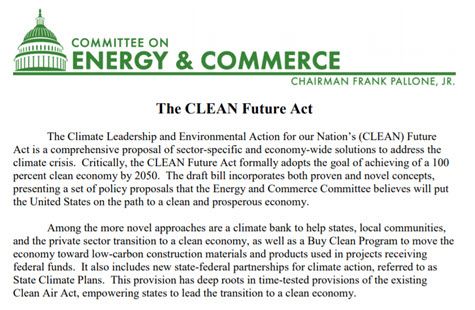
The Labor Department on Jan. 12 released its final “joint employer” rule, returning to a standard where businesses can only be held responsible for workplace violations and collective bargaining obligations regarding workers over which they have “direct and immediate” control. (Final Rule, Federal Register and Fact Sheet, Dept. of Labor).
- This week’s rule takes effect on March 16. It upholds a federal labor standard that was in effect for more than thirty years, before it was upended by a National Labor Relations Board (NLRB) decision in 2015.
- That 2015 NLRB decision instituted an expansive interpretation of workplace relationships, where employees hired by a local franchise operator (or subcontractor) could also be considered an employee of the “parent” company (or general contractor) that had no role in hiring decisions. The new regulation revives the long-standing rule that two separate employers are considered “joint employers” only where they both have “direct and immediate control” over hiring standards, employment terms and working conditions.
- In practical terms, the Jan. 12 rule means that a local franchisee remains obligated to sit down and negotiate with unionized employees – but the remote franchisor company that never hired the workers has no collective bargaining responsibilities to them. Similarly, a subcontractor that commits workplace safety violations is responsible to its laborers, but a general contractor is not similarly responsible unless it has “direct and immediate” control over job site conditions.
- Advocacy over the joint employer rule has spanned the Obama and Trump Administrations. For example, as part of a broad multi-industry coalition, The Roundtable wrote to congressional leaders back in 2017 about the harm to businesses caused by the NLRB’s Obama-era position, essentially advocating for the Labor Department’s rule handed down this week. (See past Roundtable Weekly stories – March 2, 2018 / Dec. 15, 2017 / Nov. 10, 2017 / Sept. 11, 2015)
- On Jan. 12, DOL Secretary Eugene Scalia and White House Chief of Staff Mick Mulvaney wrote in the Wall Street Journal about the new joint employer rule.
“The new rule also gives companies in traditional contracting and franchising relationships confidence that they can demand certain basic standards from suppliers or franchisees—like effective antiharassment policies and compliance with employment laws—without themselves being deemed the employer of the other company’s workers. That will help companies promote fair working conditions without facing unwarranted regulatory costs,” according to the two Trump Administration officials. (Wall Street Journal, Jan. 12)
# # #







